- Learning time
- 10 minutes
- First play time
- 30 minutes
Karate Tomate
Designed by: Reiner Knizia
In Karate Tomate you are, of course, gladiatorial chefs engaging in a sentient-vegetable-based combat.
In practice, it’s a card-collecting game where the most trophies wins, but the player with the fewest knives – no matter how many trophies they have – automatically loses. Players are dealt Vegetable cards from the deck (how many depends on the player count) plus a Tomato card. In each round, Trophy cards showing trophies and knives are flipped over in the middle of the table and players bid on them: everyone chooses a vegetable card as their bid and places it face-down, before all players reveal simultaneously.
First, if anyone played a Tomato card, it is returned to their hand and they may take two extra vegetable cards as well.
Then, if there are still more bidders than there are trophy cards, a second bid follows as above, with the caveat that you must play the same type of vegetable as your previous card – then if necessary a third bid, and so on until there are the same amount (or less) bidders as there are trophy cards – at which point the players divide the cards between them, with the highest bidder choosing first. Trophies are essentially points, whereas knives are to avoid being last place (see above). And some cards have tomatoes on them, which represent extra card draws from the deck – handy for bidding!
If someone reaches 12 trophies they may announce the end of the game, otherwise play continues until the trophy cards run out.
Joe says
I played this once and enjoyed it - though I'm not sure there's much to distinguish it from other fun card games for a higher player count; and like Sam, I think there are better Reiner Knizia games out there.
The guru's verdict
-
Take That!
Take That!
No thieving, no direct targeting, just the frustration of being forced to play a Tomato card when you've invested your strongest bidding cards already!
-
Fidget Factor!
Fidget Factor!
Minimal.
-
Brain Burn!
Brain Burn!
Very low: it's not bereft of decision-making, but the decisions are light.
-
Again Again!
Again Again!
The cards all come out randomly and there's not much variation in how the game plays. But it's light and fast and plays quickly even with a lot of players.

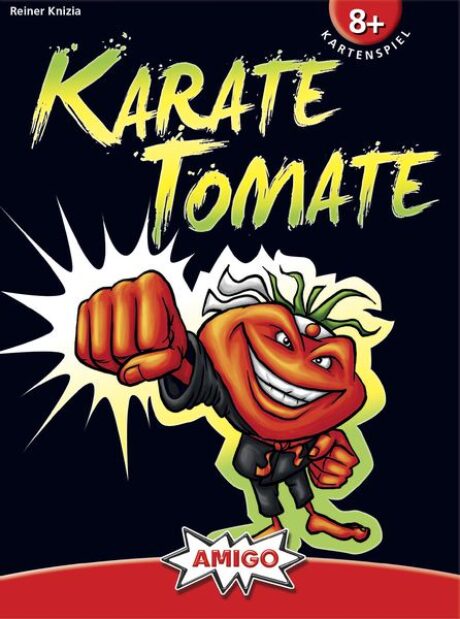






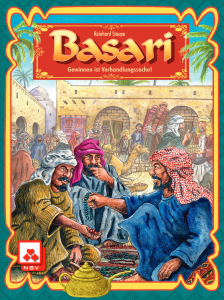

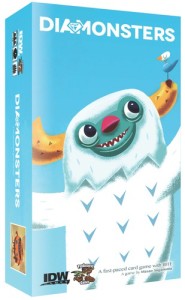

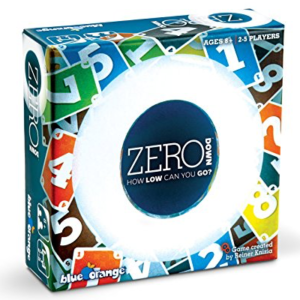
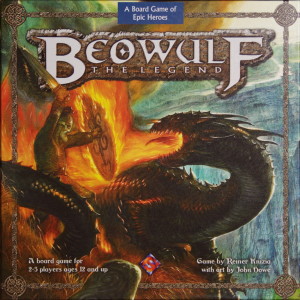
Sam says
This designer has produced some fantastic games that always focus on shared play, disregarding a fashion over the last couple of decades for games where everyone is focused on their own business and interaction is minimal. I don't think Karate Tomate is one of his classics (my personal favourite is High Society, and both that and the more complex Beowulf use similar game mechanics as Karate Tomate) but it's a fun, fast-moving game that allows for a large amount of players. The downside is you can be hit by bad luck - picking up cards that don't match means your bids are always low, or finding that against the odds you have to play your tomato card (and drop out of the round) when you thought you were nailed-on to grab a trophy or four. But the game is brief enough and light enough to forgive it the odd dud.